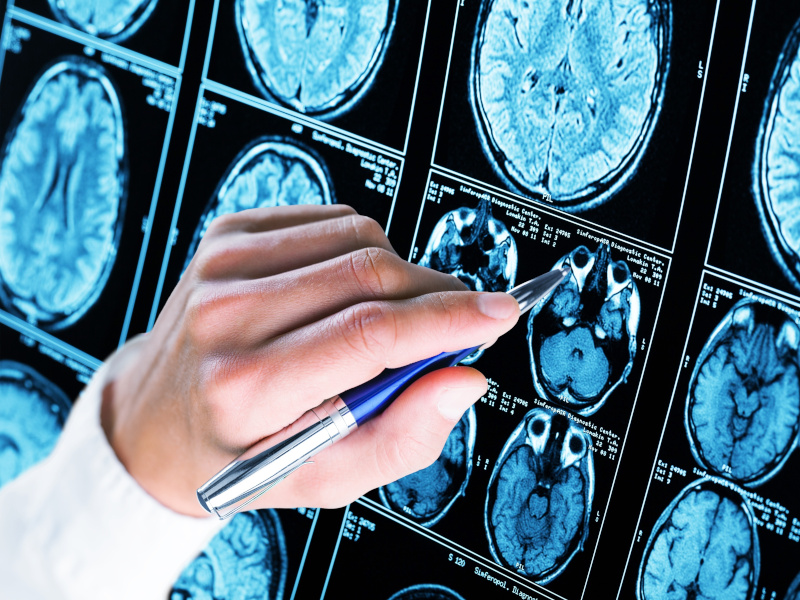
Artificial intelligence against Alzheimer's: early diagnosis and hope for the future
A revolutionary new tool based on artificial intelligence could predict the eventual development of neurodegenerative disease in a subject
Scientists at the University of Cambridge have developed a new medical tool based on artificial intelligence. This revolutionary tool can predict with astonishing accuracy whether a person with mild memory and mental agility problems will develop the disease in the future.
How does it work?
The tool is based on the analysis of some cognitive tests and brain MRIs. The artificial intelligence algorithm analyzes the data, accurately identifying who is at risk of developing Alzheimer’s and who is not. The results are staggering: more than 80 percent accuracy, three times higher than currently used clinical methods.
What are the benefits?
The advantages of using this innovative tool are several:
- Early diagnosis and prevention: Being able to detect the disease in its early stages allows at-risk patients to make lifestyle changes or start drug treatments when they are most effective, slowing or even preventing the progression of Alzheimer’s.
- Reducing misdiagnosis and anxiety: “It reduces uncertainty and worry for patients and their families, as well as being a valuable tool for clinicians.” So states Dr. Ben Underwood, consulting psychiatrist. Through reducing misdiagnosis, this tool consequently reduces unnecessary worry for those who are not at risk thus relieving psychological stress for both patients and their families
- More hope for patients: The ability to receive an early diagnosis offers the opportunity to act early, plan ahead, and face the disease with greater awareness and support. and to act accordingly to slow or even prevent the disease
- Optimization of health care resources: By directing resources and treatments to those who need them most, health care system resources can be used more efficiently, easing the burden.
A key step forward
This new tool represents a crucial step forward in the fight against Alzheimer’s disease. As stated by Professor Zoe Kourtzi, lead author of the study, “This tool has the potential to significantly improve the well-being of patients” through early diagnosis, personalized treatment, and research into new treatments. The hope is that this revolutionary tool will finally provide real relief to Alzheimer’s sufferers and their loved ones by offering early diagnosis, personalized treatment, and the ability to slow or prevent the progression of this terrible disease.
Sources and Images


